Using essential oils can be a wonderful way to support our overall wellness, but it's important to understand the potential risks and how to use them safely. In this blog post, we'll discuss adverse reactions to essential oils, why they happen, and how to manage them effectively.
What causes adverse reactions to essential oils?
Adverse reactions to essential oils can occur for various reasons, including:
-
Allergic reactions: Some individuals may be allergic to specific essential oils or their constituents, leading to skin irritation, rashes, or other symptoms.
-
Sensitivity: Some people have more sensitive skin or respiratory systems, making them more prone to reactions when using essential oils.
-
Overuse or improper dilution: Using essential oils in excessive amounts or without proper dilution can lead to skin irritation and other adverse effects.
Recognizing adverse reactions
It's crucial to recognize the signs of an adverse reaction to essential oils, which may include:
- Redness, itching, or burning on the skin
- Rashes or hives
- Difficulty breathing or wheezing
- Headaches or dizziness
- Nausea or vomiting
If you experience any of these symptoms after using essential oils, discontinue use immediately and consult a healthcare professional.
How to manage adverse reactions
Here are some steps to manage adverse reactions to essential oils effectively:
-
Patch test: Before using a new essential oil, conduct a patch test by applying a small amount of diluted oil to a discreet area of your skin and monitoring for any reactions over 24 hours.
-
Dilute properly: Always follow the recommended dilution guidelines for essential oils, which typically range from 1-5% for adults. Using a carrier oil, such as coconut or almond oil, can help dilute the essential oil and reduce the risk of adverse reactions.
-
Choose quality essential oils: Ensure you're using high-quality, pure essential oils, like those from Delune, to minimize the risk of reactions caused by additives or impurities.
-
Avoid overuse: Less is more when it comes to essential oils. Use them sparingly and avoid prolonged exposure to reduce the risk of adverse reactions.
Final thoughts
Essential oils offer numerous benefits, but it's essential to use them safely and responsibly. Recognizing and managing adverse reactions is a crucial part of this process. By following the tips outlined in this blog post, you can enjoy the therapeutic benefits of essential oils while minimizing the risk of adverse reactions.
Have you experienced an adverse reaction to essential oils? Share your story in the comments below and let us know how you managed it!
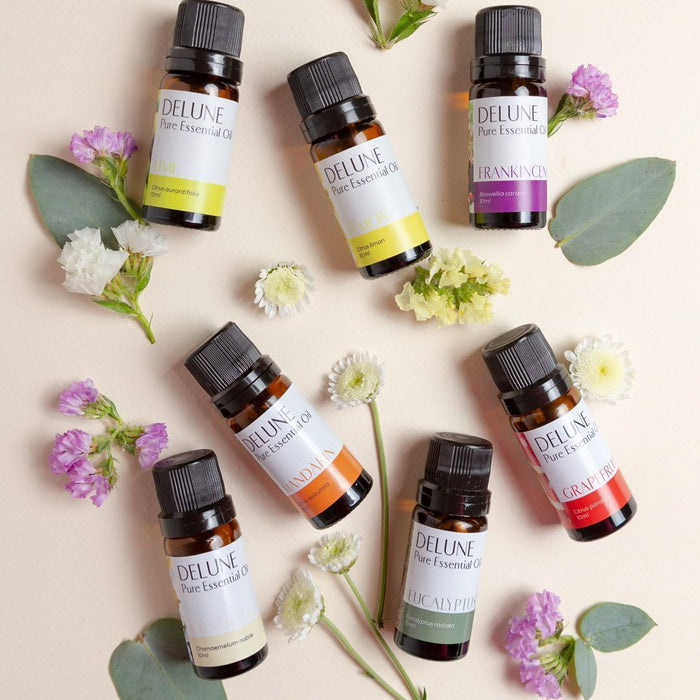


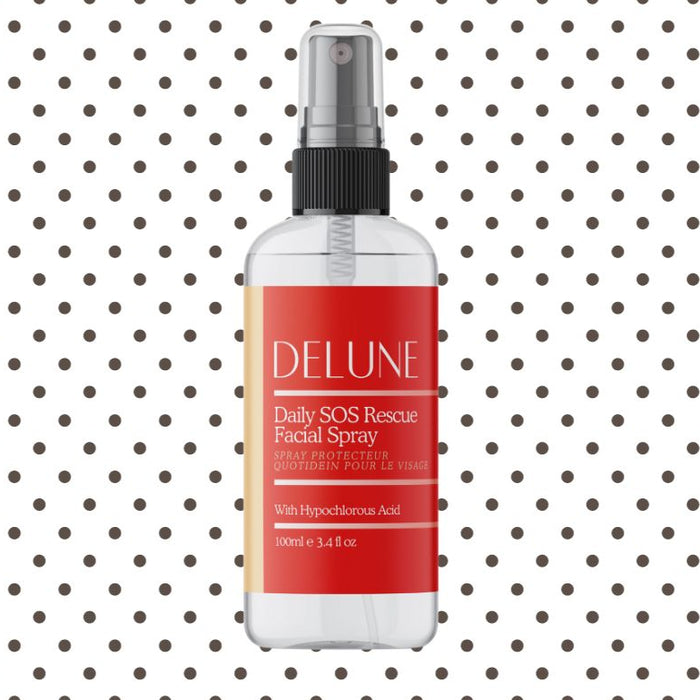

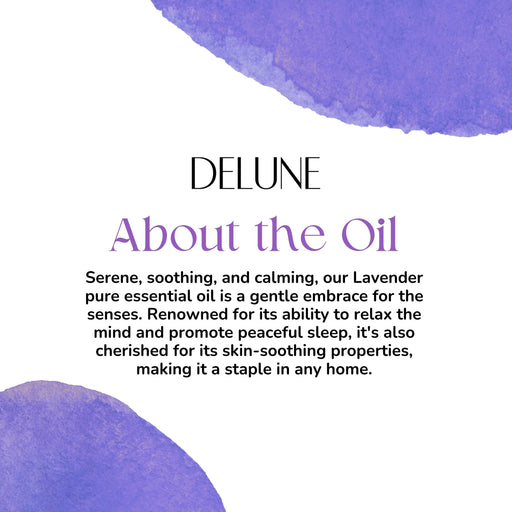
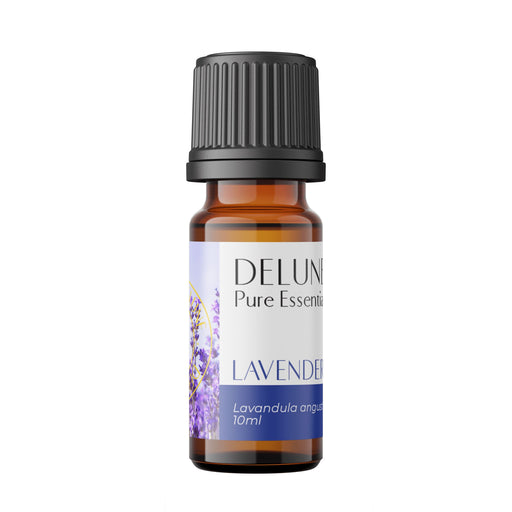

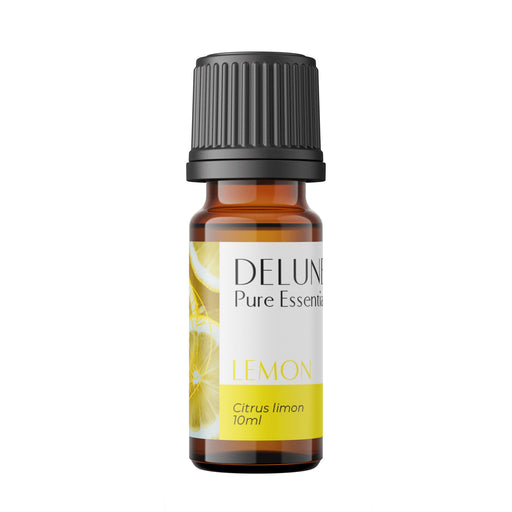
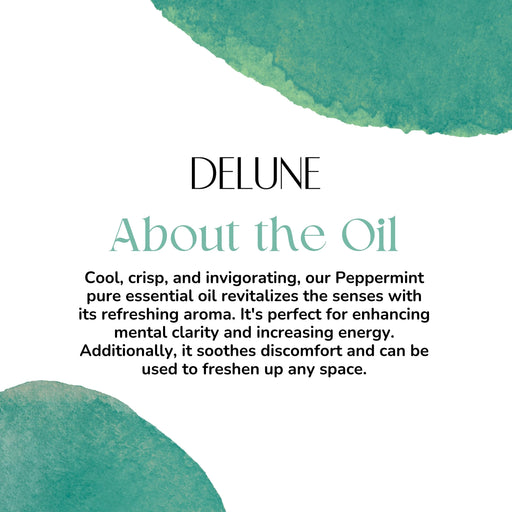
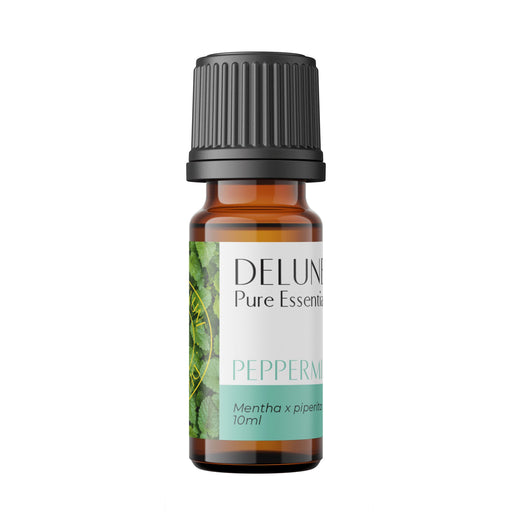

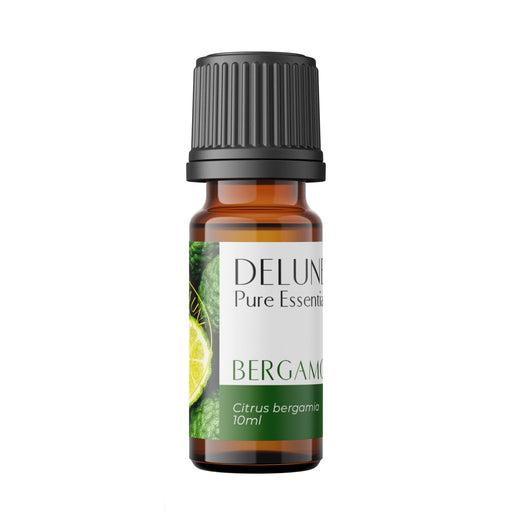

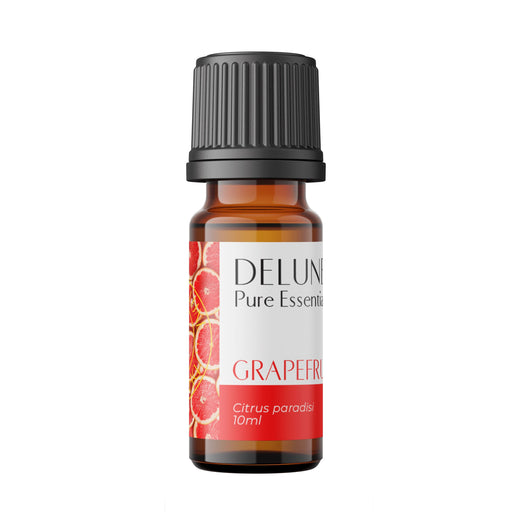
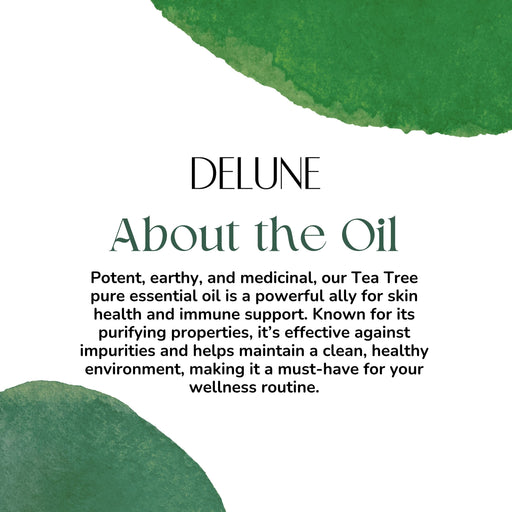
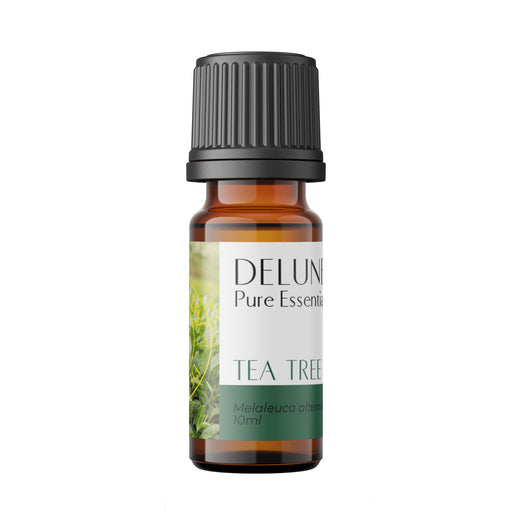

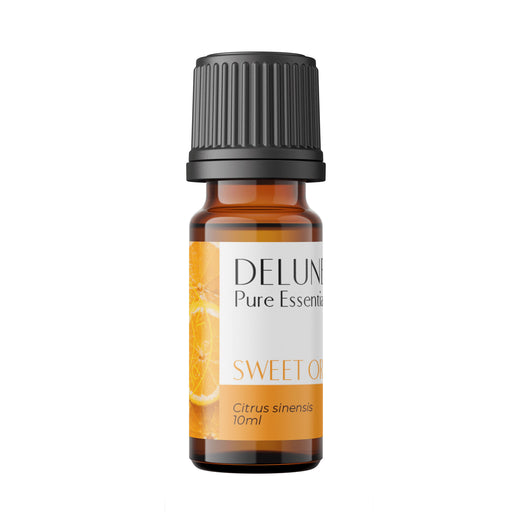
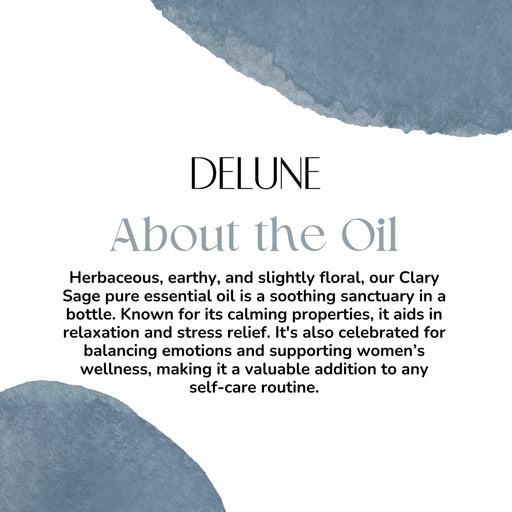
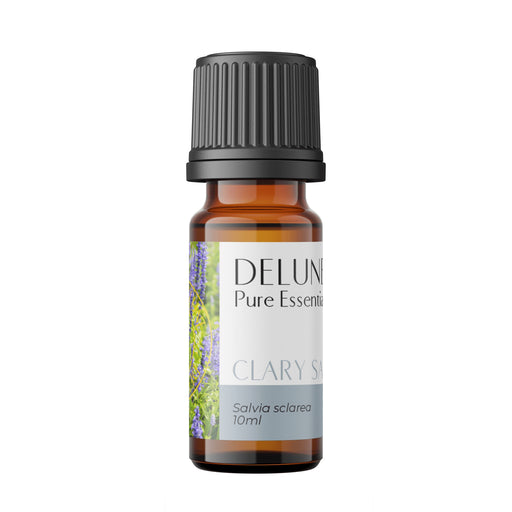
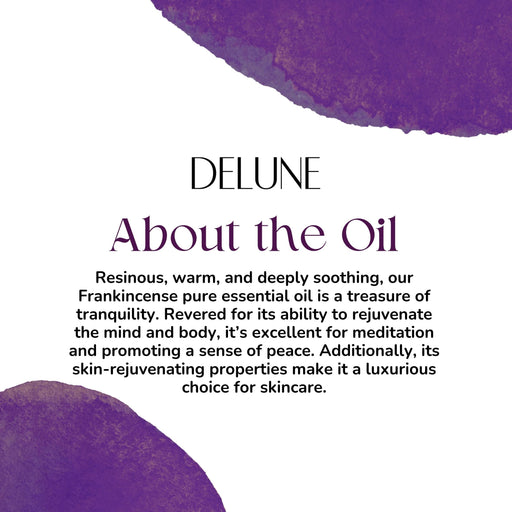
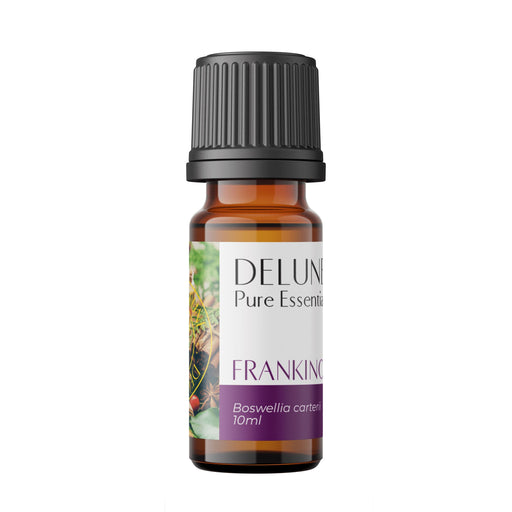
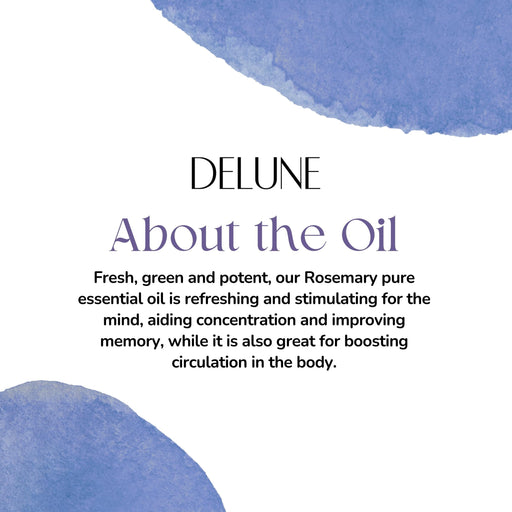
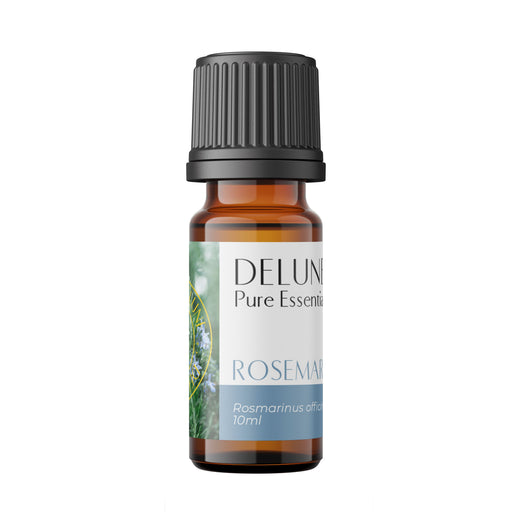
Leave a comment